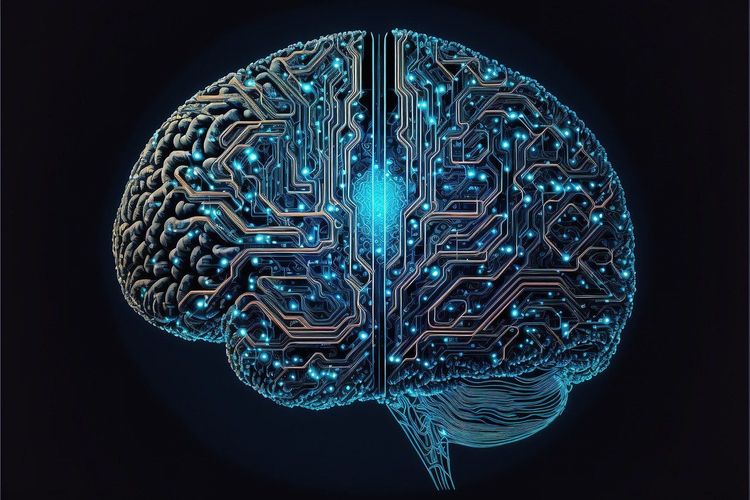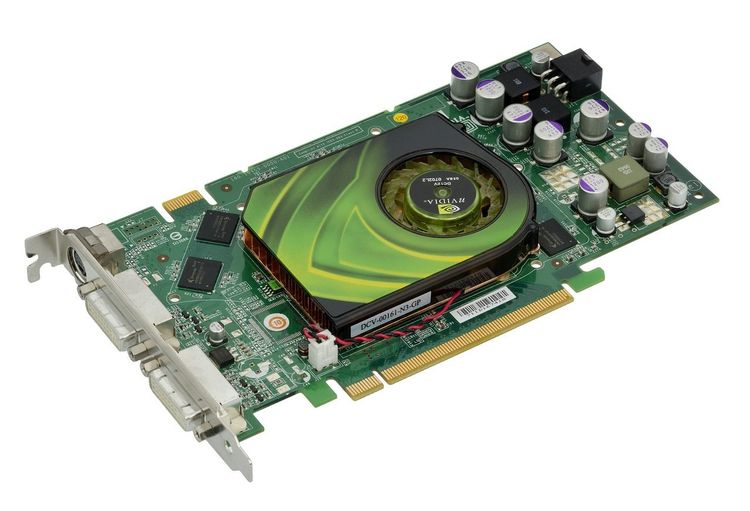Recent research highlights the transformative potential of artificial intelligence (AI) in accelerating the diagnosis and treatment of rare diseases. A noteworthy development is GestaltMatcher, an innovative AI-powered platform that employs advanced deep convolutional neural networks to analyze patient portraits. By swiftly identifying patterns and correlations within the data, GestaltMatcher aids in the formulation of predictive models that can track disease progression and facilitate targeted treatment strategies.
GestaltMatcher operates using a comprehensive database consisting of approximately 17,560 patient photographs linked to around 1,100 distinct diseases. This resource is continuously updated, allowing for the analysis and identification of physical markers that may signify the presence of various rare diseases. Although currently platform-based, there is potential for future expansion that would enable clinicians to access the system directly from their smartphones, increasing its usability in real-world settings.
A significant challenge in the landscape of rare diseases is the lack of diversity within available patient data. Most rare diseases, typically affecting fewer than 200,000 individuals each, predominantly feature genetic samples from patients of European ancestry. This skew poses obstacles for the application of genomic medicine across diverse global populations.
GestaltMatcher is specifically designed to mitigate these obstacles, demonstrating the capability to identify diseases even in scenarios where diverse patient data is limited. Dr. Harsha Rajasimha, founder of IndoUSrare, a nonprofit organization dedicated to rare disease advocacy, emphasizes the importance of utilizing intelligent technologies to broaden patient recruitment efforts. This approach not only enhances data collection but also facilitates the completion of global clinical trials.
“Intelligent technologies can cast a wider net for more diverse patient recruitment,” Dr. Rajasimha asserts. She further points out the necessity of inclusive and heterogeneous datasets in AI training, stating, “Inherent biases can be removed through better AI training. It's concerning that many AI and machine learning models for rare disease research are based on biased datasets derived from just 10% of the world’s population residing in the global north.”
As AI continues to evolve, the integration of more representative data sets into training models could significantly enhance the effectiveness of tools like GestaltMatcher. The implications for rare disease research and treatment are profound, providing hope for improved patient outcomes through advanced, equitable approaches to healthcare technology.







